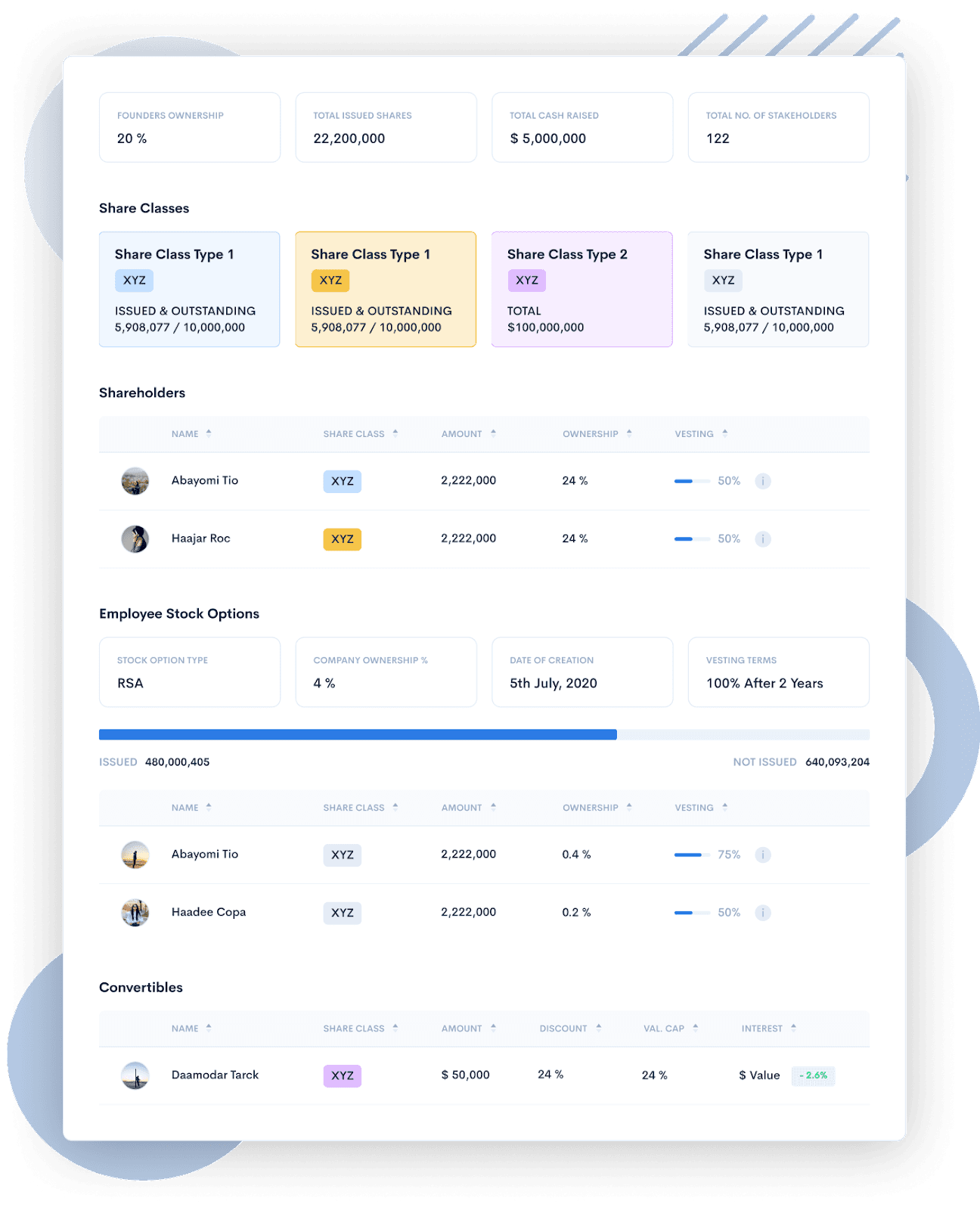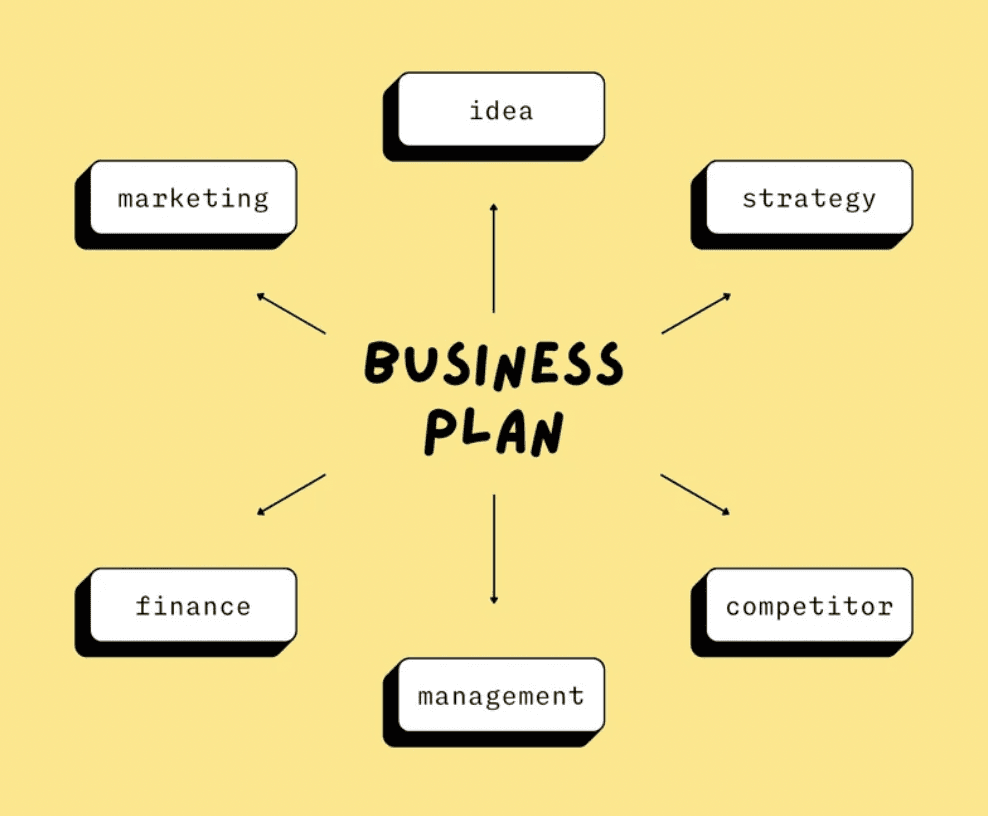What makes a startup investment-ready?
July 24, 2022
For first-time founders, fundraising might seem like an overwhelming task. Founders who have successfully bootstrapped a business to a particular stage might find sourcing for capital a different ball game. On the other hand, founders who have sourced outside capital through loans, family & friends can still find fundraising from verified investors a herculean task. Identifying the right investors, telling a convincing narrative and getting an investor to commit are among the top things that not just help a business scale in the long run but can also boost a founder's confidence.
Investors are highly concerned about their return on investment (ROI) and as such a startup needs to have some items in check before proceeding to request an investment. Aside from offering startups a platform to organize their fundraising and equity management with ease, at Raise, we care about helping your business grow. Below we highlight some key steps that your business needs to present itself as investment-ready.
Hard Data
The first thing to do before approaching an investor is to have a solid overview of your business's financial performance so far. What has the business been able to achieve in its early days? What are the goals that have been set and how feasible are they within a specific timeline?
When and if investors commit a significant amount, whats' the trajectory of their ROI?
For businesses that haven't kicked off, at this stage, what's important is being able to visualize what the numbers can be? What are the likely financial projections of the company within a specific time frame and how convincing is it for an investor to commit their funds to make a dream become a reality? What does the current cap table look like? Is it clean enough or error-prone? Are the numbers factually correct and can investors be able to accurately interpret the business state easily?

Clean Cap Table
A clean cap table is a huge sign that a company is ready for investors. Using a platform such as Raise means being able to share realistic, accurate and relevant information about the company’s ownership structure, equity distribution and Employee Stock options if available. Unlike messy cap tables that tend to discourage investors, a clean cap table is inviting and tells investors that the founders understand what they are aiming to get from the investors. A clean cap table highlights how much ownership of the company has already been given out and how much a company/founder can afford to give in exchange for additional capital.
#RaiseTip: Ditch the spreadsheets, get Raise.

Solid Business Plan
Typically investors only commit to businesses that have a solid outlook. Understanding this means ensuring that your business has an identifiable market with a solid financial projection of what is achievable within the total addressable market. Your business plan should showcase an analysis of your customers and competitors, your business strength, likely obstacles, market opportunities, your sales plan and potential for growth in the long run.
Legal Due Diligence
An important detail for any startup approaching investors is to have the internal affairs sorted and this involves carrying out the appropriate legal due diligence. Investment-ready startups always ensure that they provide every single relevant information about the startup’s operations. This is important for investors to enable them to understand the legal and financial risks that can creep into the investment. Ensure that your startup is industry compliant and is aligned with the policies governing the market/home country. Is the business registered? Is it legal to operate within that locality? Are there relevant documents to back this up? Due diligence involves evaluating every single piece of information. Early employees must be well-vetted and the startup management team must be able to defend their background without hiding any necessary information.
Innovation
What's the most identifiable distinction between your brand and its competitors? Innovation is a core foundation that investors look out for before committing. The market is already saturated with identical products and services however what makes a case for growth potential is the unique differentiation between two or more brands.
Your business idea doesn't have to be a grand idea to be innovative, it only has to be able to solve a problem that other brands haven't solved.
An example could be as simple as a unique design interface for a mobile application or a service that helps customers do a task easier than the already existing services. Highlighting innovation in your business means being able to communicate your brand's competitive advantage.

Investment Structure
What's the plan for the investment to work? Having a clear investment structure means that you have already done a business valuation to determine the economic value of your company. You understand that for investors to want a piece of the cake for a certain price then your business must be able to prove that it's worth a particular price as well. If that cannot be determined, investors can not commit.
Your investment structure needs to highlight all the parties involved in your business.
Who are the co-founders, the shareholders and what rights do they have? It's also important to state that you need to pull in a legal team to understand the nuances of a proper investment structure. What is the shareholding structure for the employees and how will the investment affect their stock options? These are important to consider.
Investment plan
In conclusion, the major mistake to avoid is not having a thorough investment plan for your investors. What do they get out of the commitment in the first place? How do you intend to spend their money? You need to highlight the various segments of the company and how funds will be spent across the board. Transparency is key and investors also want to know that they will be getting actual value for their money. Also, highlight the timeline for their ROI. What should they expect in return? Do you also have an exit strategy in place for the investors? Is there a SAFE (Simple Agreement for Future Equity)? Investors need to know that they can get their money out if they want to and you should be able to highlight how they can do that.
Roman philosopher, Seneca reminds us in this quote that we make our luck,
“Luck Is What Happens When Preparation Meets Opportunity."
Before approaching an investor, you need to be prepared and that translates to being able to inculcate the items highlighted above. Once you have successfully prepared your convincing pitch for an investor, the only thing left is to get lucky.

